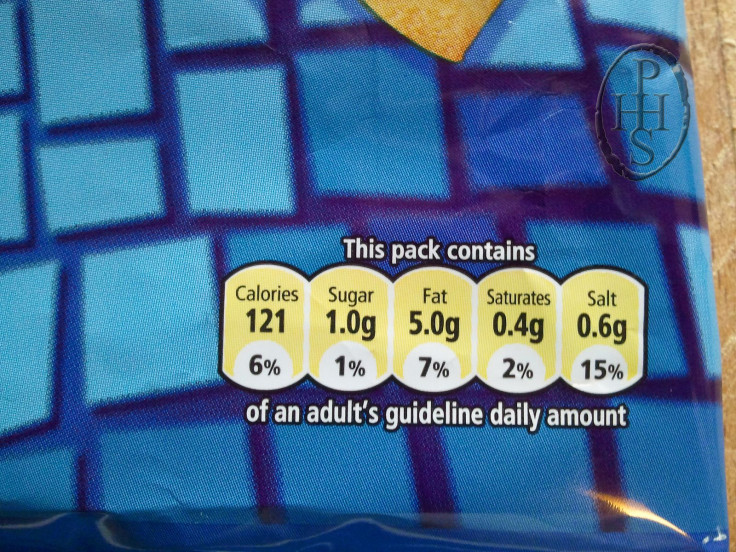Calorie Counting To Treat Dementia? Calorie-Restricting Diets Help Slow The Aging Process

Dietary restrictions are generally touted as an efficient way to reduce our risk of heart disease, hypertension, and stroke. However, little is known about the impact it could have on memory and learning. A recent study conducted by neuroscientists at NYU Langone Medical Center has revealed that calorie counting diets help slow the process of aging in the human brain.
Although restricting the amount of calories you consume should not be considered the “fountain of youth,” this research does “add evidence for the role of diet in delaying the effects of aging and age-related disease."
"Our study shows how calorie restriction practically arrests gene expression levels involved in the aging phenotype — how some genes determine the behavior of mice, people, and other mammals as they get old," lead researcher Dr. Stephen D. Ginsberg said in a statement.
Ginsberg and his colleagues gathered their findings using two groups of female mice who were either fed regular food pellets or food pellets with 30 percent fewer calories. Like female humans, female mice are more prone to dementia development compared to male mice. Researchers also gathered tissue samples from the area of the brain affected earliest by Alzheimer’s disease, also known as the hippocampal region.
Reducing the amount of calories in the diets of female mice stopped the normal rise and fall of in activity levels of around 900 different genes that are associated with brain function, including aging and memory formation. Researchers concluded that diets with fewer calories from carbohydrates can help slow certain aspects of aging and chronic disease in humans. Ginsberg said their work "widens the door to further study into calorie restriction and anti-aging genetics."
According to the Alzheimer’s Association, a “brain-healthy” diet cannot only reduce our risk for heart disease and diabetes, but it also promotes good blood flow to the brain. Diets high in fat and cholesterol can lead to clogged arteries and higher risk of Alzheimer’s. On the other hand, previous studies show that HDL “good” cholesterol can help protect brain cells.
Source: Schafer M, Dolgalev I, Heguy A, Ginsberg S. Calorie-restricting diets slow aging, study finds. Society for Neuroscience Annual Meeting. 2014.
Published by Medicaldaily.com



























